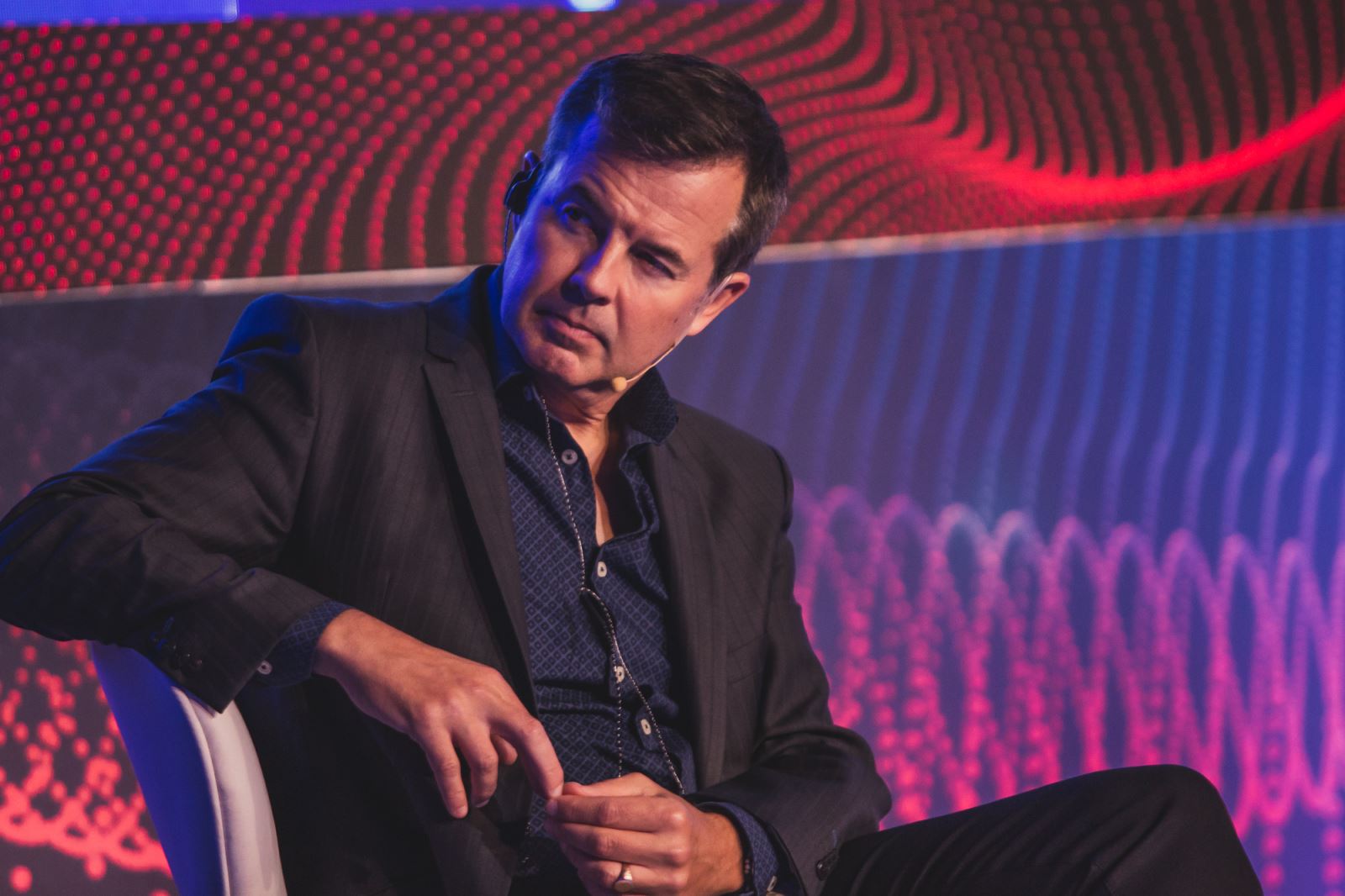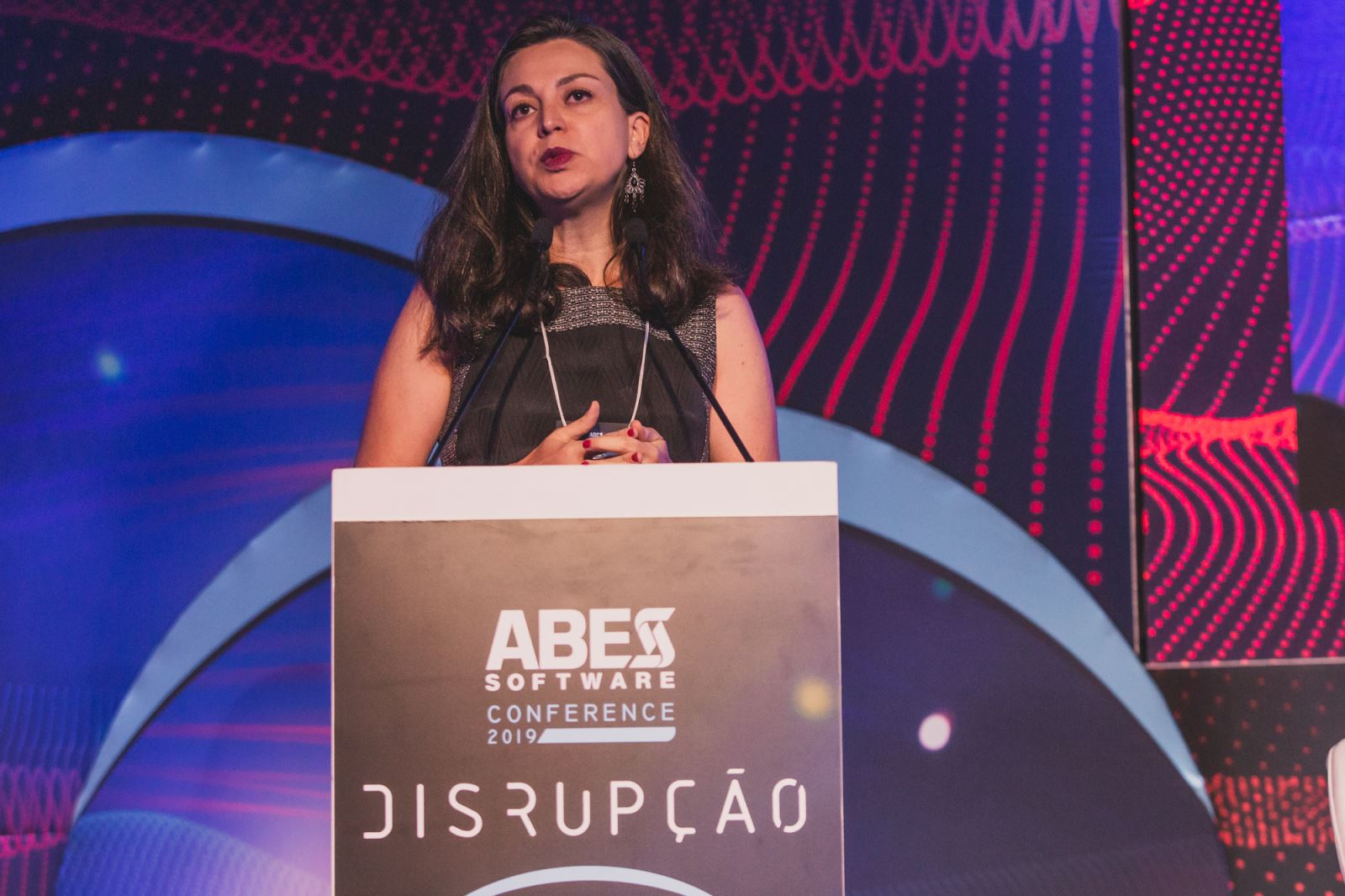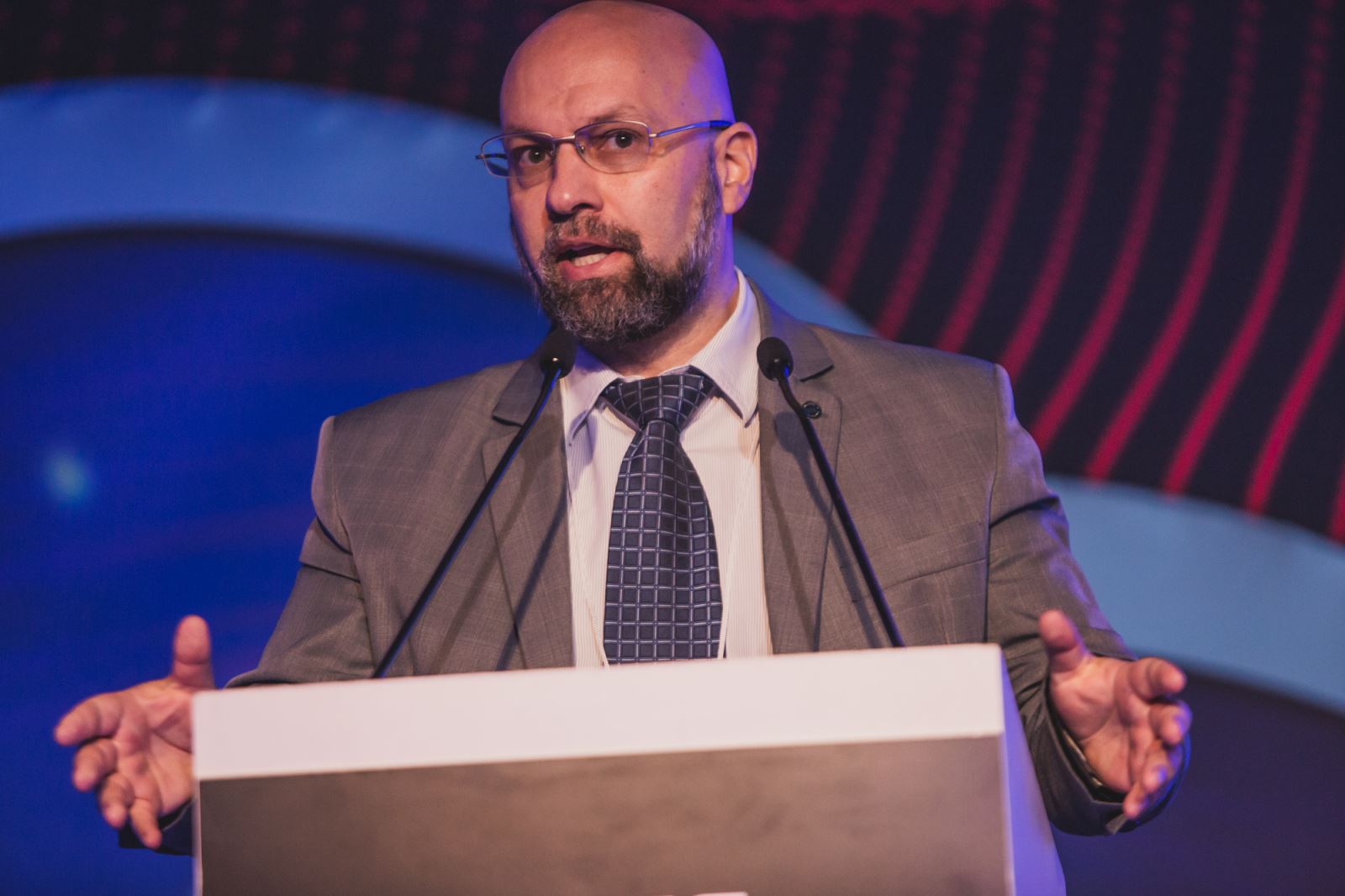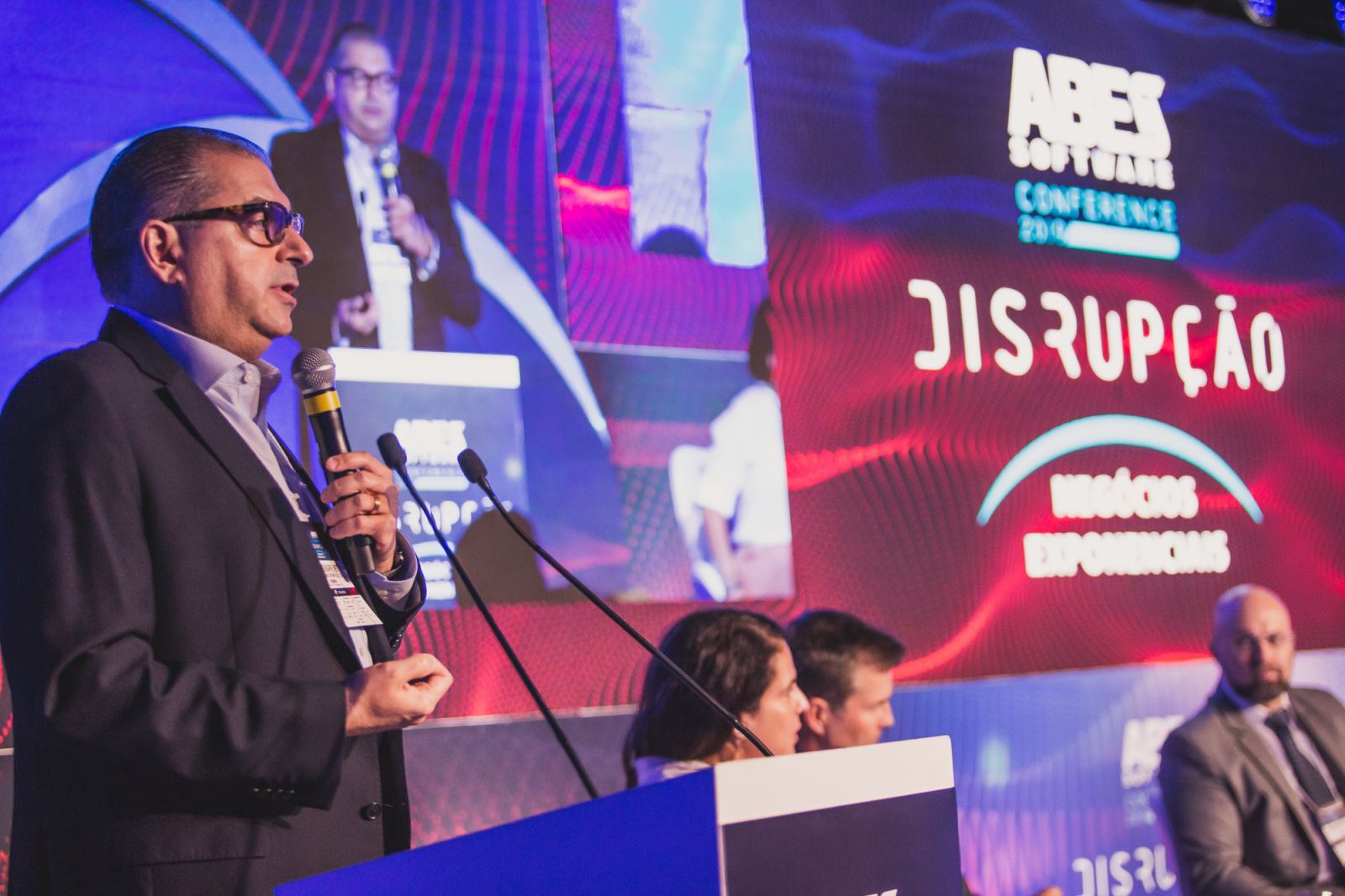From the information brought by Paul, it is possible to verify the importance of being in tune with the researches and studies in progress today, since works carried out by governments, companies and universities, some still in the beginning or others in the testing phase, provide answers to various challenges in areas such as agriculture, medicine, information processing capacity, artificial intelligence, among others.

Based on the prediction that by 2050 there will be 9 billion people to feed and less land to farm for, Paul brought up examples of genetic research that is creating food such as milk and meat; of advanced studies that allow the production of human organs for transplants, with a lower probability of rejection and helping to find a cure for diseases currently untreated. He also drew attention to research aimed at increasing human longevity, ensuring more health and quality of life during aging.
The director of Singularity pondered that, in this universe of exponential pace of change, the convergence of technologies will be enhanced by innovations provided by quantum computing, neuromorphic computing, with great advances in processing capacity and in the democratization of artificial intelligence. In the near future we will have machines with increasing capacity for learning, developing applications and solving complex problems.
Outlook for the City of São Paulo
Aline Cardoso, Municipal Secretary of Economic Development and Labor of the City of São Paulo, considered that the vision of the future presented by Paul for the next 20 years is impressive and worrying, as Brazil needs to contextualize and position itself to benefit from all these innovations. “As representatives of the public power, we have a challenge to prepare public policies for this future and, in fact, it is not a simple task”, he said. Aline said that the effort is to raise the municipality of Sãp Paulo to more favorable conditions, identifying the sectors that should be supported and stimulated, through the Municipal Economic Development Plan, and also thinking about the future of work and the qualification of professionals .

Aline spoke of how important it is to identify opportunities, but that in a city like São Paulo, with all the inequalities and differences, it is necessary to be concerned with the possibility of exclusion, with the possibility that a portion of the population will not benefit from this progress. “It is a difficult task, which we, as a city hall, cannot do alone. That is why we rely on the partnerships we are establishing, both with public sector entities and with companies. We need to make our population benefit from these advances, in addition to increasing people's interest in graduating and working in the area of information technology. We need to prepare people for this disruption. It is paradoxical that even young people who are using technologies so much still do not see themselves as producers of these new technologies”, he pointed out.
Disruption brings tax and legal challenges
The panel also had the participation of Fábio Augusto Luiz Pina, Undersecretary of Commerce and Services at the Ministry of Economy. He considers that thinking about the world 20 years from now is a difficult task, because the speed of change and the data processing capacity is monstrously greater than in the past and is accelerating. As for the disruption, Pina commented that the government is not yet prepared to tax and create the legal framework for this new sector and cited as an example the debates involved in the process of enactment of the General Data Protection Law and the creation of the National Data Protection Authority. Data Protection. “To keep up with this reality, which changes so quickly, legal frameworks must be flexible enough so that we don't come back 2 or 3 years from now to having to discuss everything again,” he added.

Pina considers that the great challenge of this new economy will be the tax framework and not only in Brazil, as it is an ongoing discussion at the OECD and elsewhere in the world. “Digital goods need a world with fewer borders than the reality in which products are all physical. The delivery speed of these goods is absurdly fast and the customer also expects this fast delivery”, he commented. The secretary also addressed the issue of professional qualification as an important concern. “I cannot face the future of this new economy with the formation that Brazil has today, both in terms of quality and quantity. As you all know, we need to improve our education system."
Jorge Sukarie, president of Brasoftware, vice president of the ABES Board and moderator of the panel “Disruption – the World in 20 years”, congratulated the organization for holding yet another edition of the conference, which has evolved in its programming since the first edition, always providing relevant content and renowned experts to its members.













